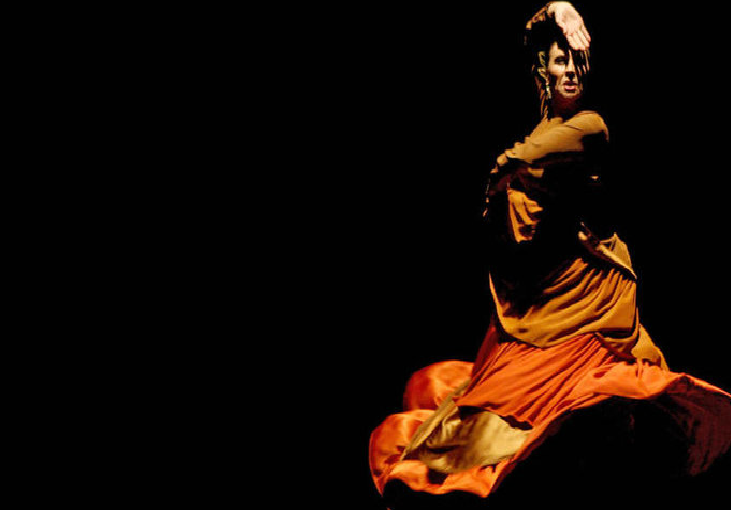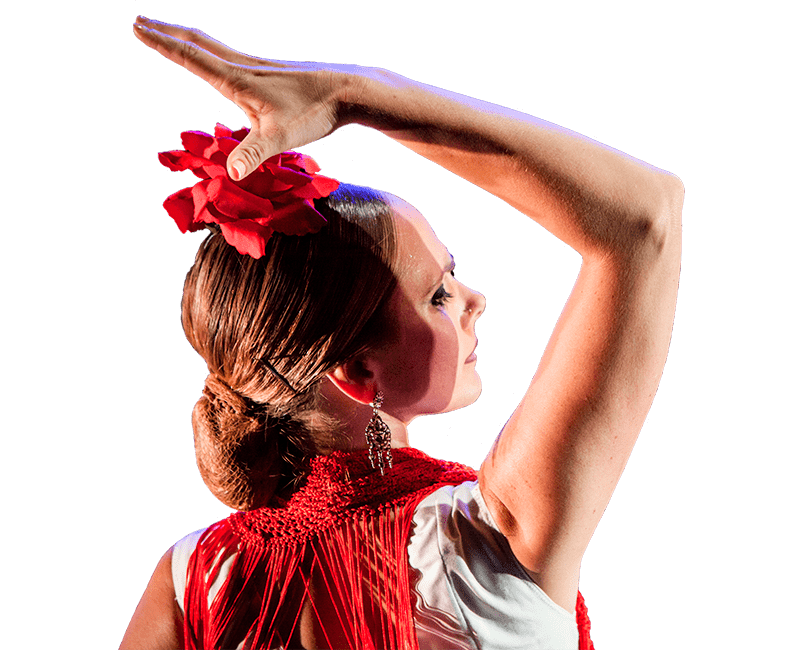Filtrar contenido

¿Qué es el duende flamenco?
El duende flamenco es un concepto demasiado ambiguo, pero desde Teatro Flamenco Sevilla, vamos a explorar el origen y significado de esta expresión.
Un término puro del flamenco pero quizás difícil de explicar
La expresión duende flamenco no es fácil de comprender, se tiene o no se tiene, diría cualquier artista en el mundo del flamenco. Este concepto es muy difícil de explicar, ya que es algo tan “espiritual” y espontáneo que no se le podría poner un significado concreto.
¿Qué significa la expresión “ el duende flamenco”?
No existe una definición unánime sobre lo que es el duende, pero algunos estudios del flamenco lo definen como la capacidad que tiene un artista de llenar el escenario y emocionar al público con la expresión viva de su arte. Es el estado del artista que se convierte en la expresión viva del arte flamenco. Incluso la Real Academia Española no sabría decir verdaderamente el significado del duende, ya que lo define como “encanto misterioso e inefable”.
Lo más cercano y posible sería identificarlo según lo que han dicho sobre él algunos artistas reconocidos e investigadores del flamenco . Para Federíco García Lorca el duende es, “un poder y no un obrar, es un luchar y no un pensar”. El estudioso Anselmo Gonzalez Climent lo define como “ un estado especial de la gracia flamenca”.
El gran cantaor flamenco Manuel Torre, cuenta la anécdota que le comentó a un amigo: “tú tienes voz, tú entiendes de estilos, pero no triunfarás nunca porque no tienes el duende”. Con esta anécdota podemos afirmar que no todos los artistas del flamenco cuentan con este don especial, como es el del duende flamenco.
Federico García Lorca y el duende flamenco
Federico García Lorca vivió el flamenco desde que nació, ya que se encontró rodeado de artistas flamencos desde su madre hasta su tío abuelo, especialista el habeas, cante de aspereza y gravedad. Lorca dió la famosa conferencia “Teoría y Juego de duende” en Buenos Aires en 1933.
El duende está ligado a la cultura flamenca, pero Lorca lo define como un concepto universal. En este fragmento de su poesía donde hace referencia al duende: “Y Manuel Torre, el hombre de mayor cultura en la sangre que he conocido, dijo, escuchando al propio Falla su Nocturno del Generalife, esta espléndida frase: ‘Todo lo que tiene sonidos negros tiene duende”.
Ahora que conocemos más sobre el pensamiento de Lorca frente al concepto del Duende, podemos decir que para él, el duende no tiene nada que ver con clases sociales, ni nacionalidad, ni la educación, es algo natural que corre por la sangre de los artistas consiguiendo provocar al público ese sentimiento por el arte.
Artistas reconocidos por su don de “El duende Flamenco”
Existen muchos artistas reconocidos que cuentan con este don, pero sin duda alguna el artista que más se puede diferenciar por poseer el duende es el legendario Camarón de la Isla. Este artista decía sobre el duende flamenco “no se puede explicar, yo a veces hago cosas en el cante que nunca he hecho y que no podría volver a repetir”.
Otros artistas reconocidos por el duende flamenco son: Pepe el Lebrijano, Enrique Morente, Carmen Linares, Paco de Lucía, etc.
El duende flamenco en Teatro Flamenco Sevilla
Si quieres sentir el duende flamenco en una actuación en directo, no puedes perderte nuestros espectáculos de mano de los mejores artistas en el mundo del flamenco. Si tienen duende o no, es algo que tú tendrás que decidir. Reserva ya tus entradas aquí.
